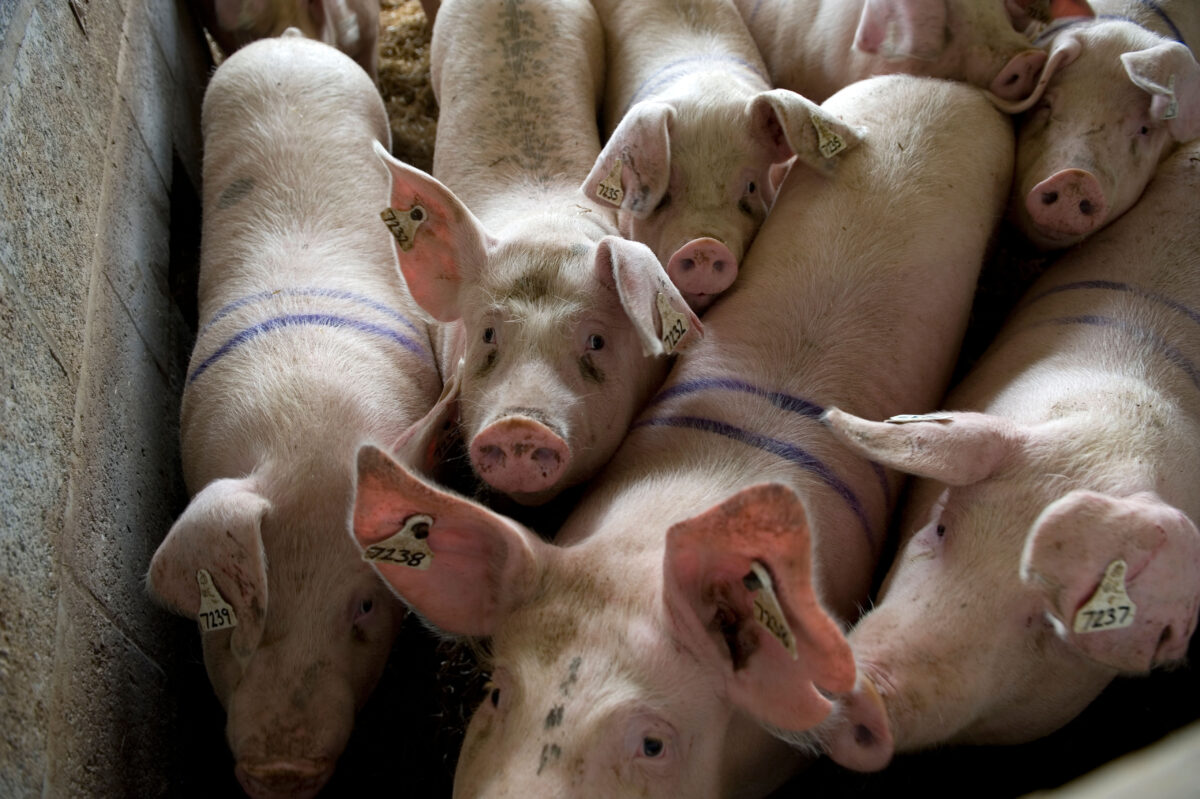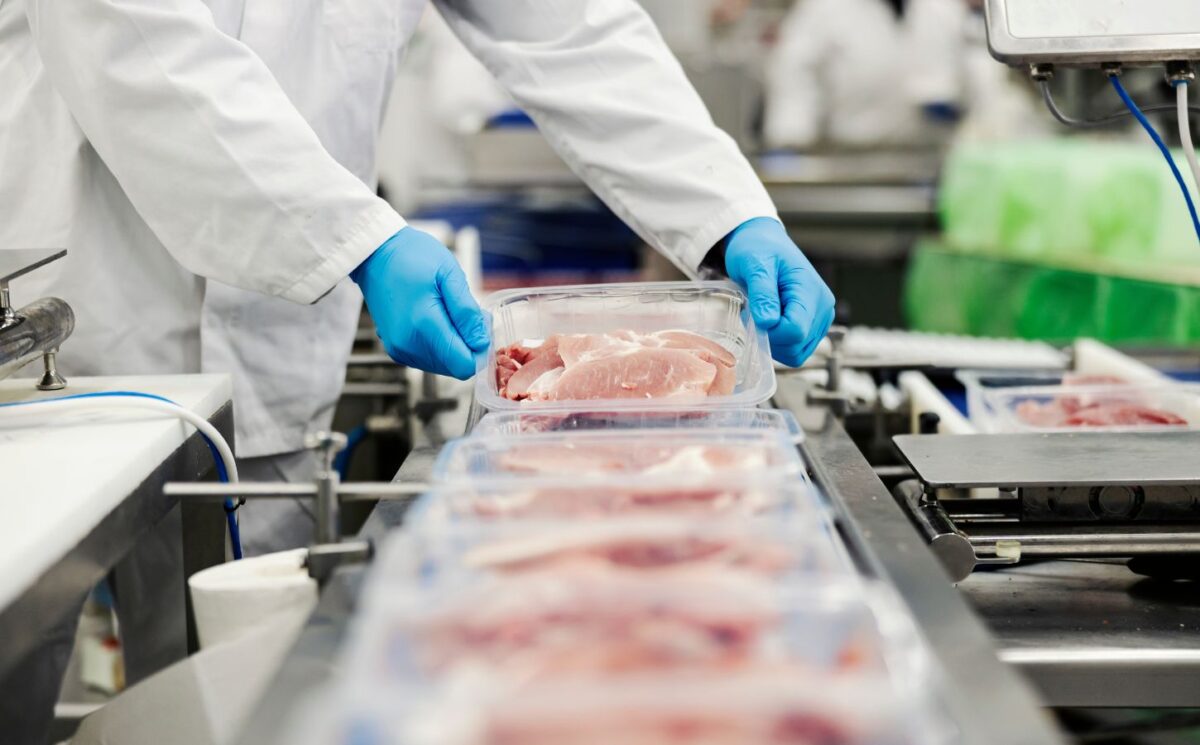Meat production in the UK has fallen for the first time in a decade, according to new government data, while the numbers of farmed animals have decreased across the board.
Read more: New Study Looks At Excuses People Use To Justify Eating Meat
The latest annual Agriculture report released by the Department for Food, Environment and Rural Affairs (Defra) shows a 3.7 percent decline in meat production in 2023. The majority of the reduction came from the pig sector, where production dropped by 11 percent, and the number of pigs by 10 percent to 4.7 million.
British people are eating the lowest amount of meat since records began in 1974. Government data published in 2023 showed that average meat consumption fell by 14 percent compared to a decade previously. Red meat in particular has become less popular.
A long way to go

Despite the decrease in meat production, it is still 13 percent higher than it was ten years ago. At the same time, meat imports have been rising, compensating for lower domestic production. In November 2023, imports of frozen pig meat were up by 11 percent compared to a year before. Red meat imports from Australia have grown significantly since the Australia-UK Free Trade Agreement came into force in 2023.
Meat consumption still needs to fall farther to help reduce the UK’s carbon footprint. The UK Climate Change Committee has recommended a 20 percent cut in meat eating by 2030 and 35 percent by 2050. Other research has concluded that rich countries must eat 75 percent less meat to lower greenhouse gas emissions.
The number of vegans, vegetarians, and flexitarians keeps rising in the UK. One survey shows that 1.1 million more people became vegan between 2023 and 2024, and 3.1 million more vegetarians. A further 6.4 million people say they are planning to go meat-free this year.
Read more: Meat-Eating In Germany Hits A Record Low






